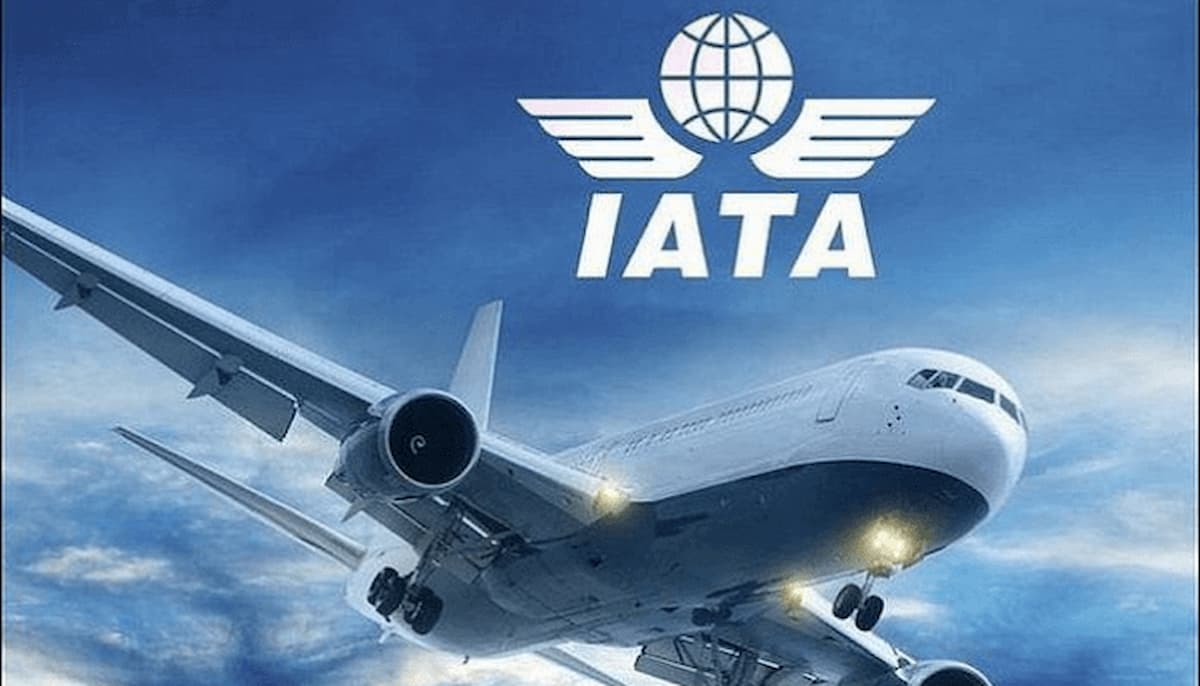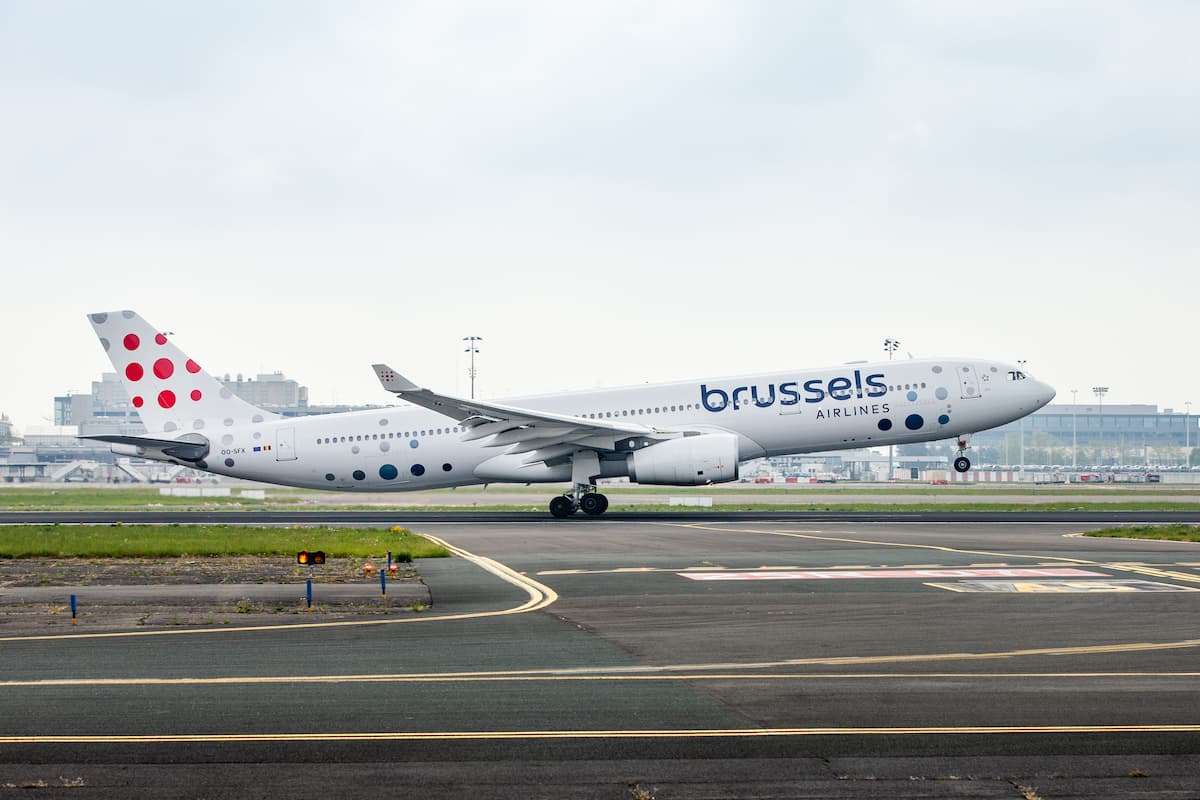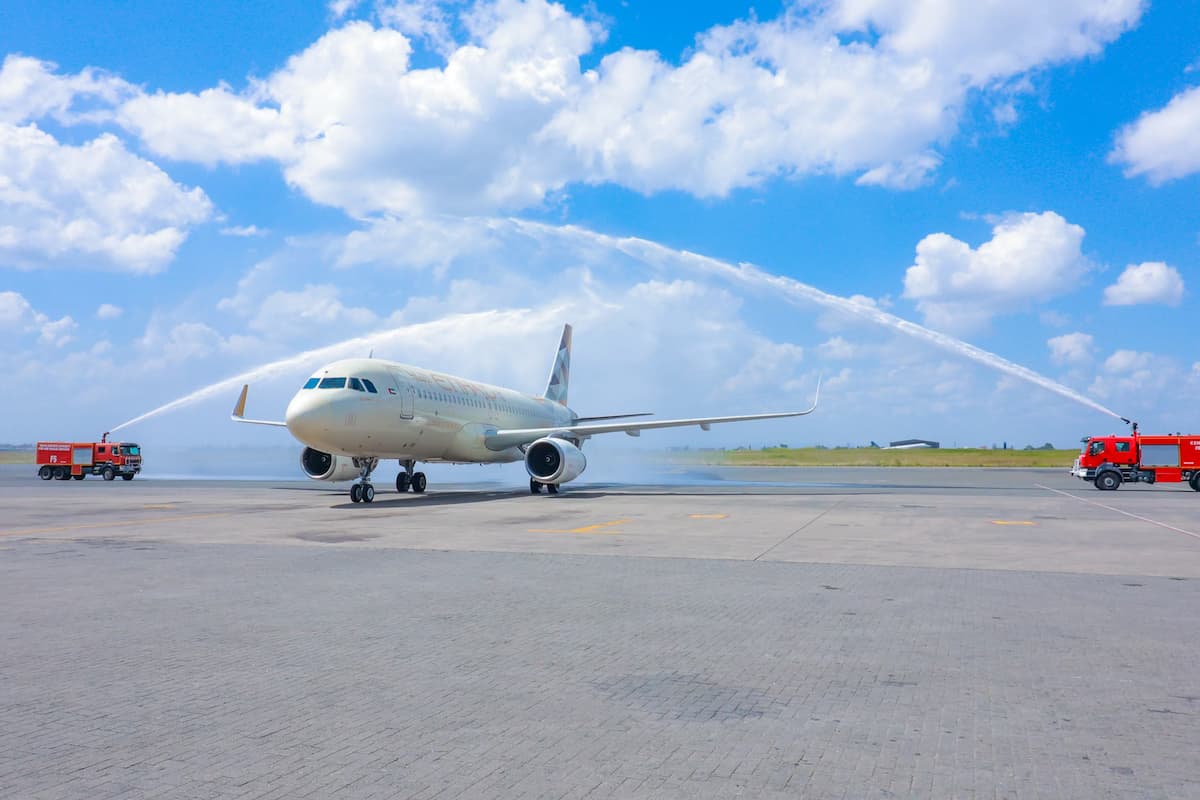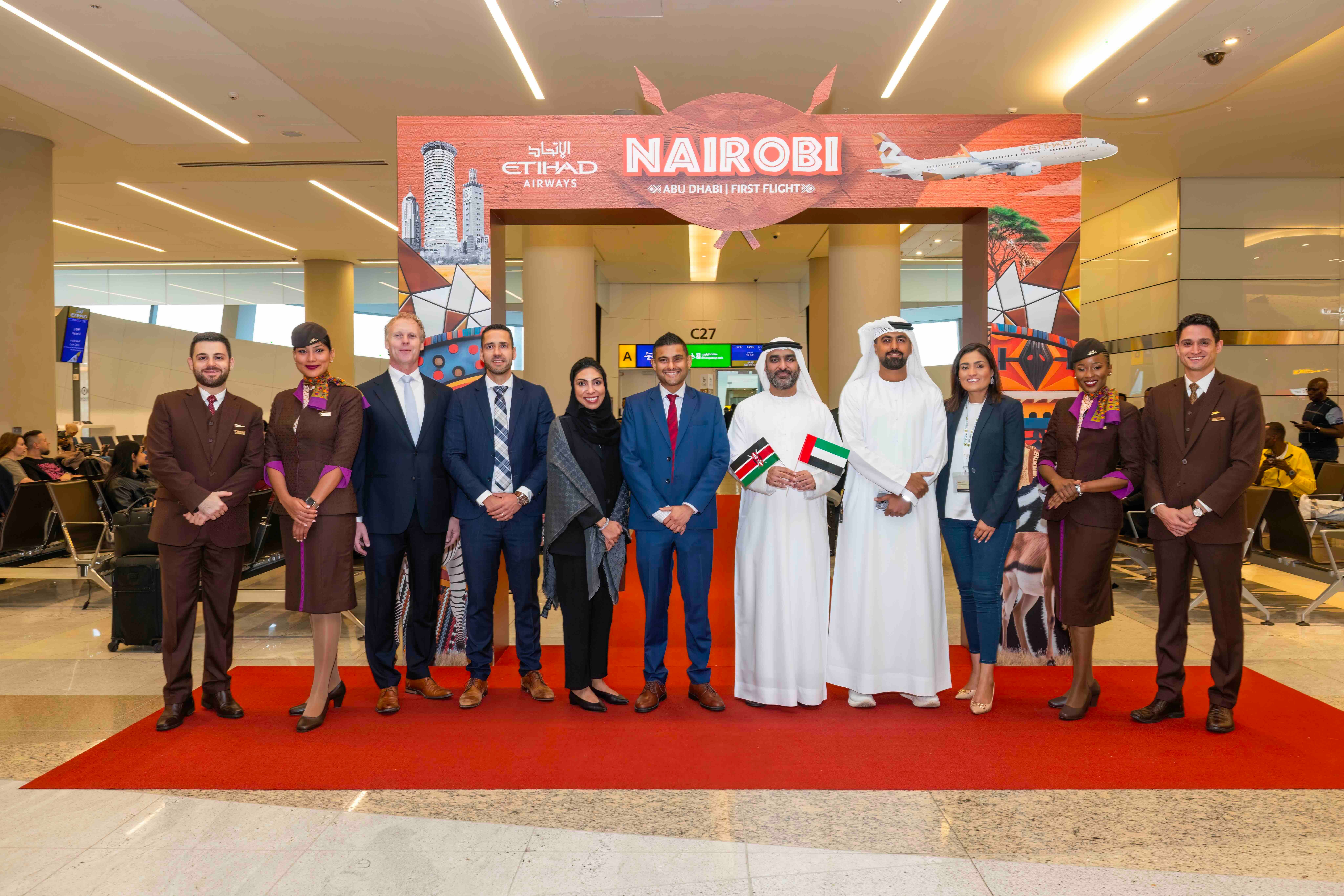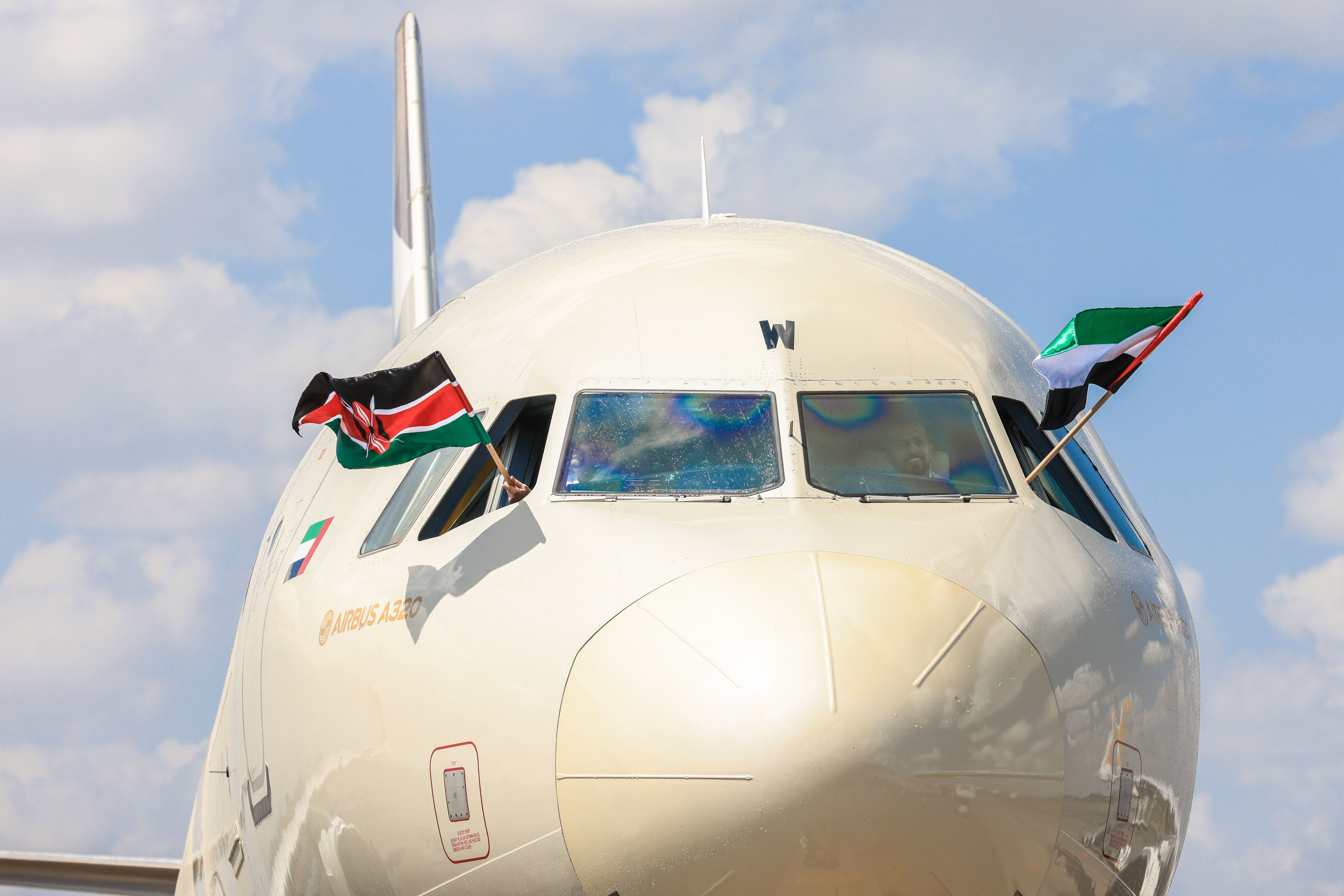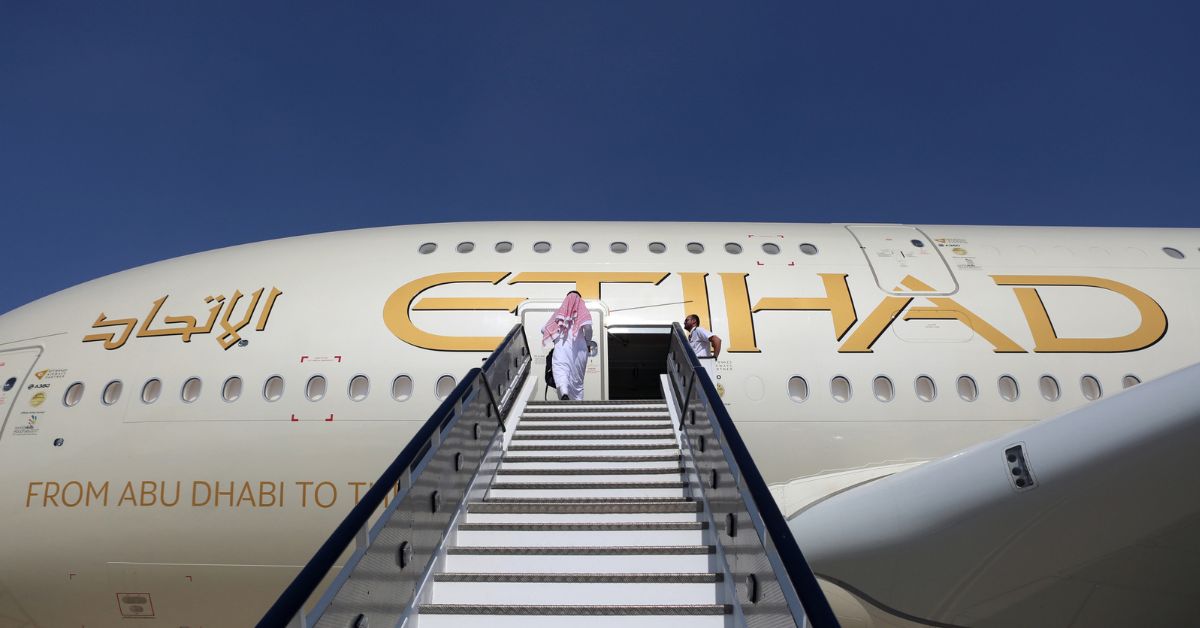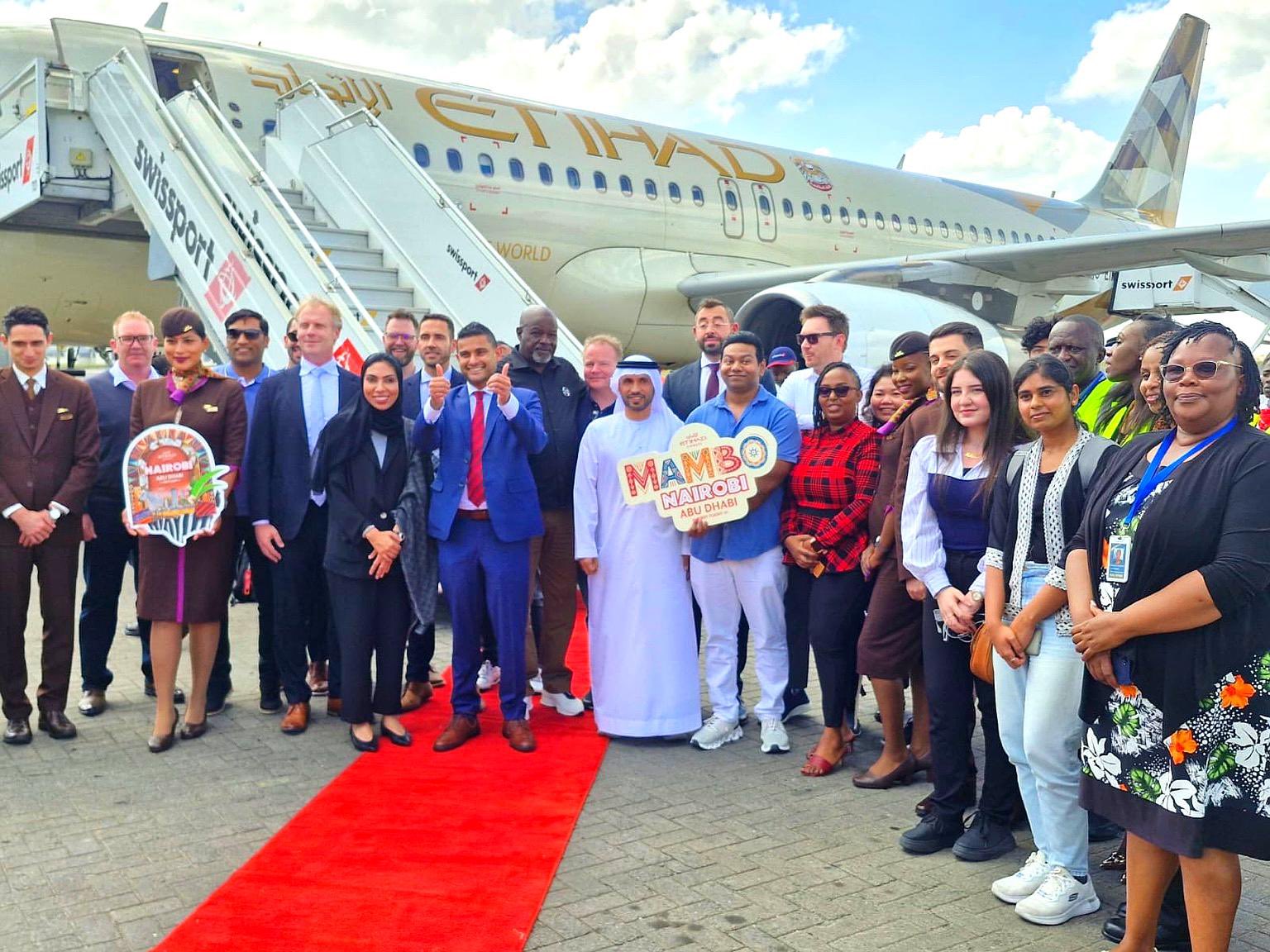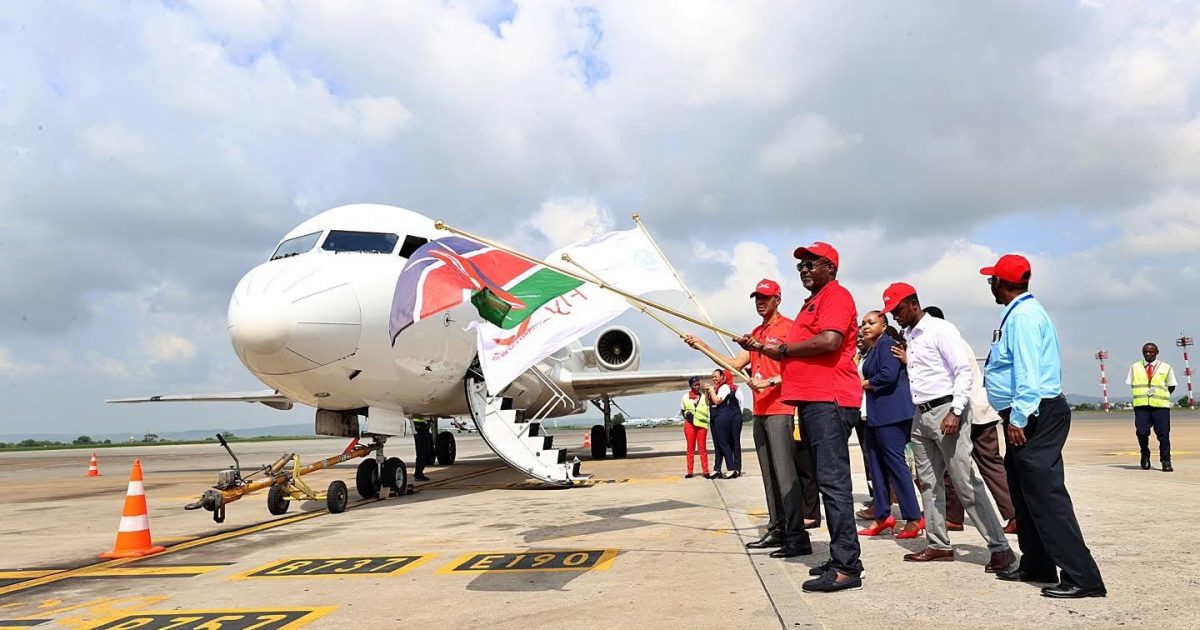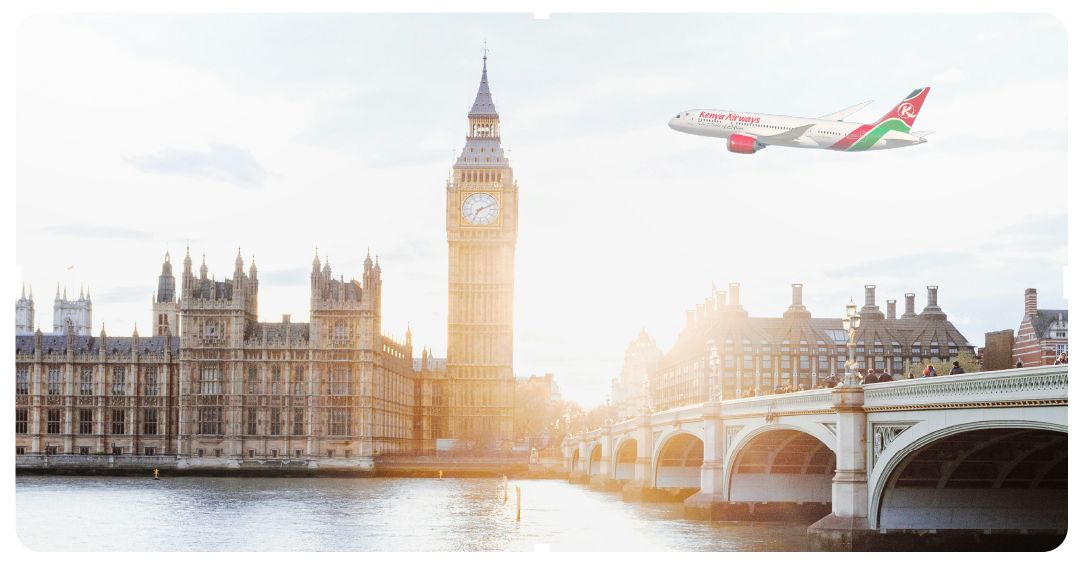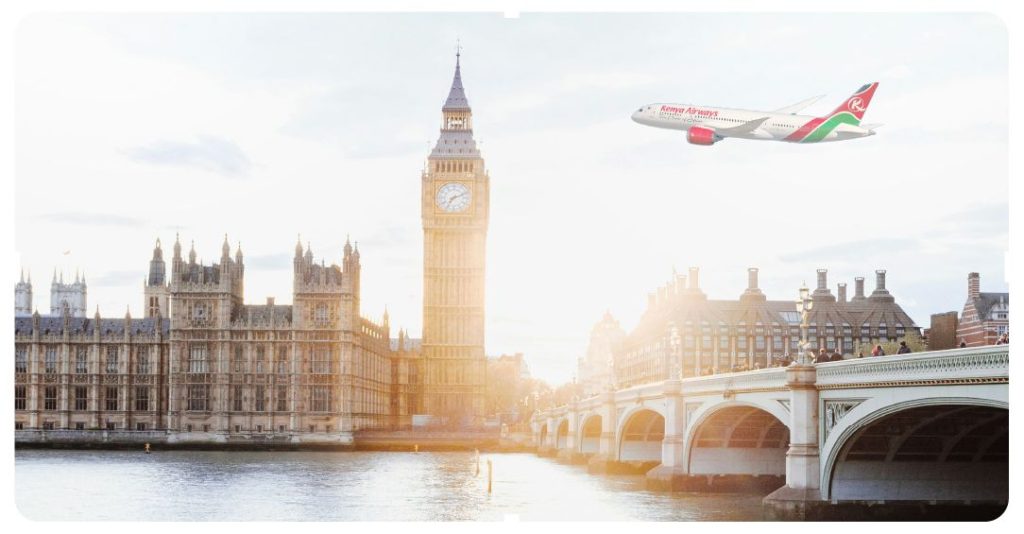African travellers continue to rely heavily on travel agents when booking flights, according to the International Air Transport Association’s (IATA) 2025 Global Passenger Survey. The findings place Africa ahead of all other regions in the use of travel agencies, highlighting the continent’s unique travel environment and the ongoing value of intermediaries in the booking process.
According to the report, 12% of African travellers booked flights through a travel agency call centre in 2025, while an additional 12% booked through an agent in person. These figures stand in stark contrast to global averages, where only 5% of travellers booked through agency call centres and 6% through walk-in travel agencies. The data suggests that human guidance, trust, and personalized support continue to play a significant role for travellers across the continent.
In addition to using travel agents, African travellers also relied heavily on direct airline systems, with 18% booking through airline websites and 15% using airline mobile apps. While airline websites remain the dominant booking channel globally—leading at 31%—Africa’s combined use of travel agents and airline systems indicates a more diversified booking pattern shaped by regional travel complexities, varying levels of digital access, and the need for expert assistance.
IATA’s report further highlights the ongoing challenge of navigating cross-border travel on the continent. Complex immigration requirements remain one of the most significant barriers, with 43% of African travellers saying that visa and entry rules have deterred them from travelling. Globally, 33% of passengers reported being discouraged by immigration requirements, underscoring that African travellers face a comparatively heavier administrative burden.
Industry analysts note that these factors reinforce the relevance of travel agents in Africa, where travellers often depend on agents to interpret regulations, plan multi-leg journeys, and resolve challenges that online platforms may not fully address. As international travel grows and African aviation expands, the continued preference for human-led booking support may remain a defining trend for the region.
Source: Travelnews.co.za

